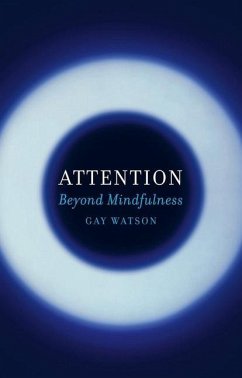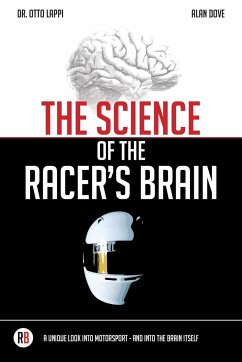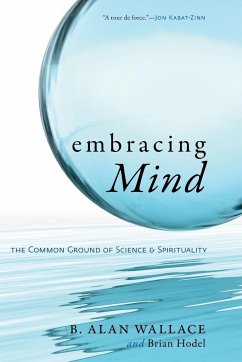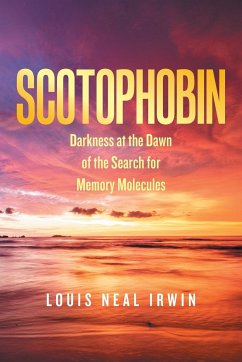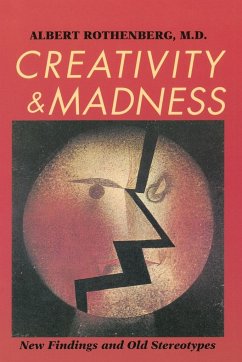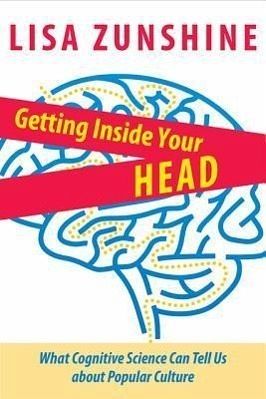
Getting Inside Your Head
What Cognitive Science Can Tell Us about Popular Culture

PAYBACK Punkte
18 °P sammeln!
Using the psychological concept called theory of mind, Lisa Zunshine explores the appeal of movies, novels, paintings, musicals, and reality television. Winner of the CHOICE Outstanding Academic Title of the Choice ACRL We live in other people's heads: avidly, reluctantly, consciously, unaware, mistakenly, and inescapably. Our social life is a constant negotiation among what we think we know about each other's thoughts and feelings, what we want each other to think we know, and what we would dearly love to know but don't. Cognitive scientists have a special term for the evolved cognitive adapt...
Using the psychological concept called theory of mind, Lisa Zunshine explores the appeal of movies, novels, paintings, musicals, and reality television. Winner of the CHOICE Outstanding Academic Title of the Choice ACRL We live in other people's heads: avidly, reluctantly, consciously, unaware, mistakenly, and inescapably. Our social life is a constant negotiation among what we think we know about each other's thoughts and feelings, what we want each other to think we know, and what we would dearly love to know but don't. Cognitive scientists have a special term for the evolved cognitive adaptation that makes us attribute mental states to other people through observation of their body language; they call it theory of mind. Getting Inside Your Head uses research in theory of mind to look at movies, musicals, novels, classic Chinese opera, stand-up comedy, mock-documentaries, photography, and reality television. It follows Pride and Prejudice's Mr. Darcy as he tries to conceal his anger, Tyler Durden as he lectures a stranger at gunpoint in Fight Club, and Ingrid Bergman as she fakes interest in horse races in Notorious. This engaging book exemplifies the new interdisciplinary field of cognitive cultural studies, demonstrating that collaboration between cognitive science and cultural studies is both exciting and productive.





